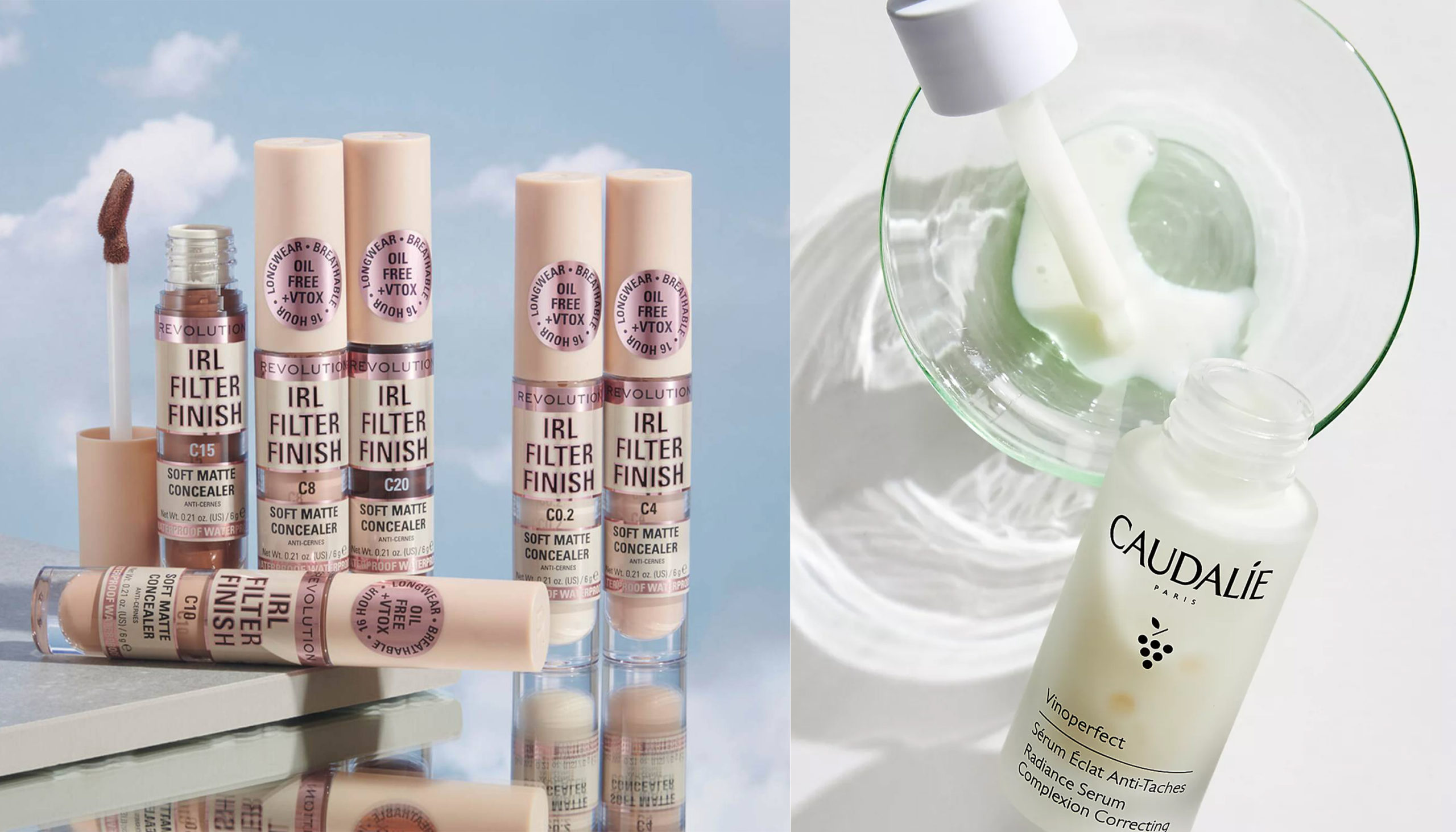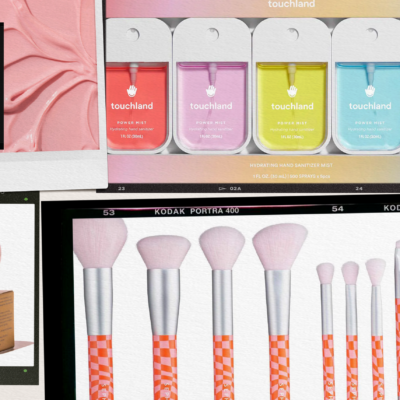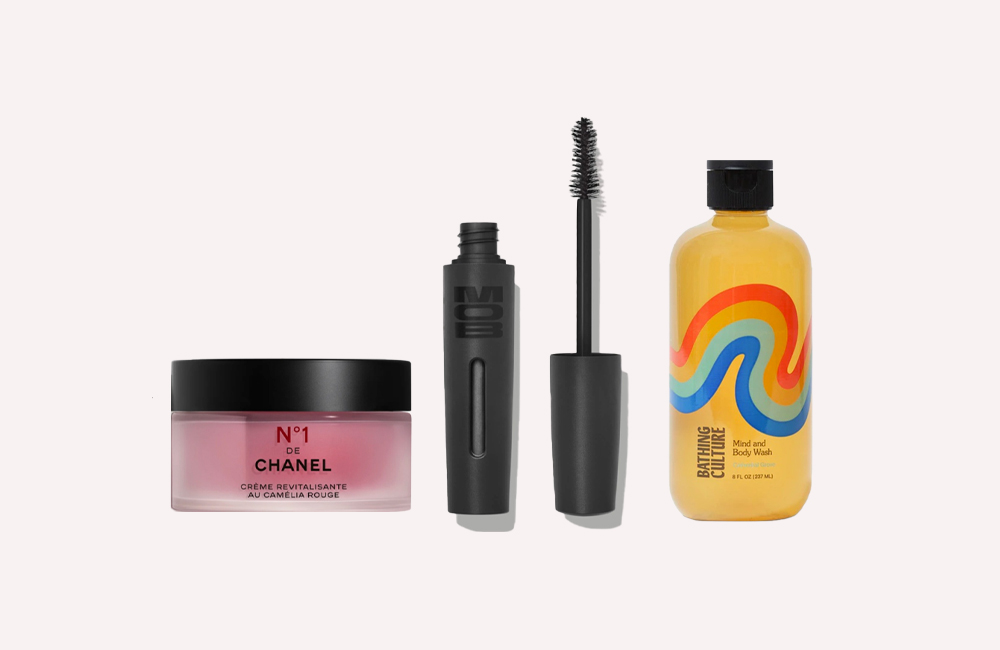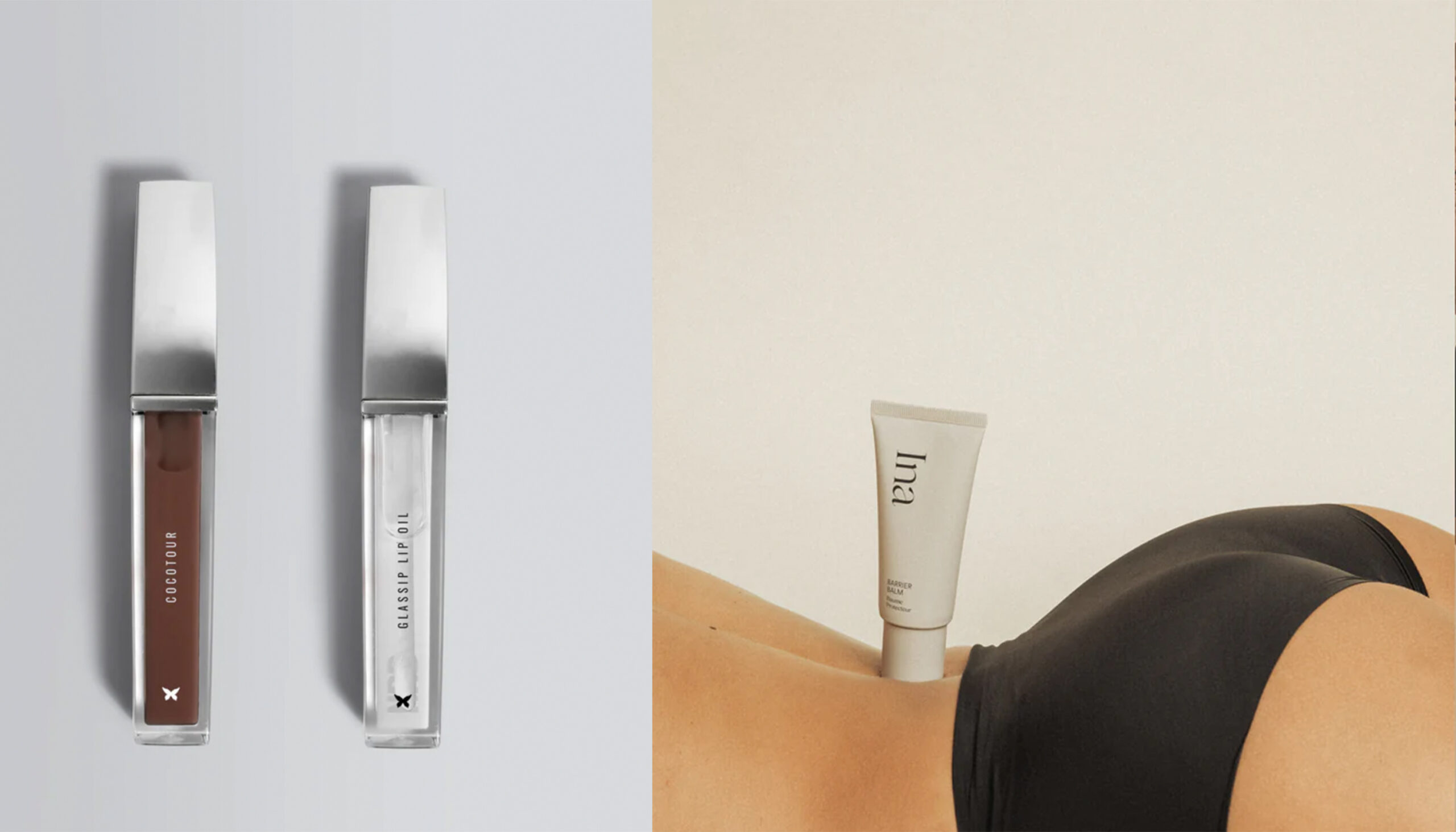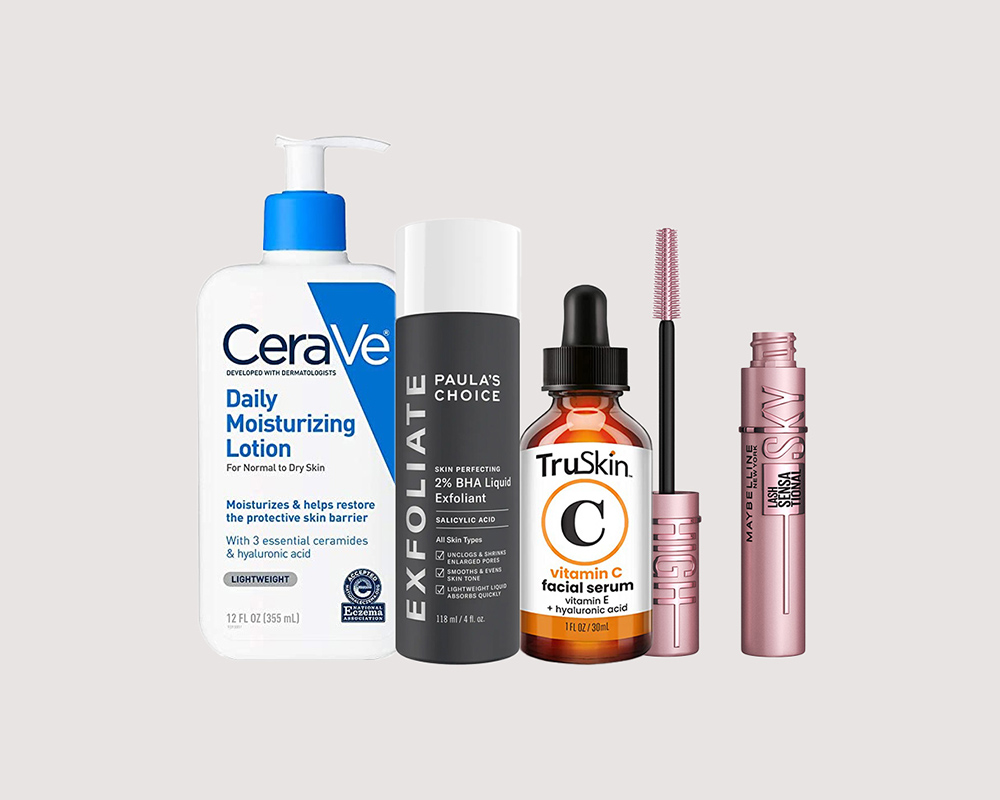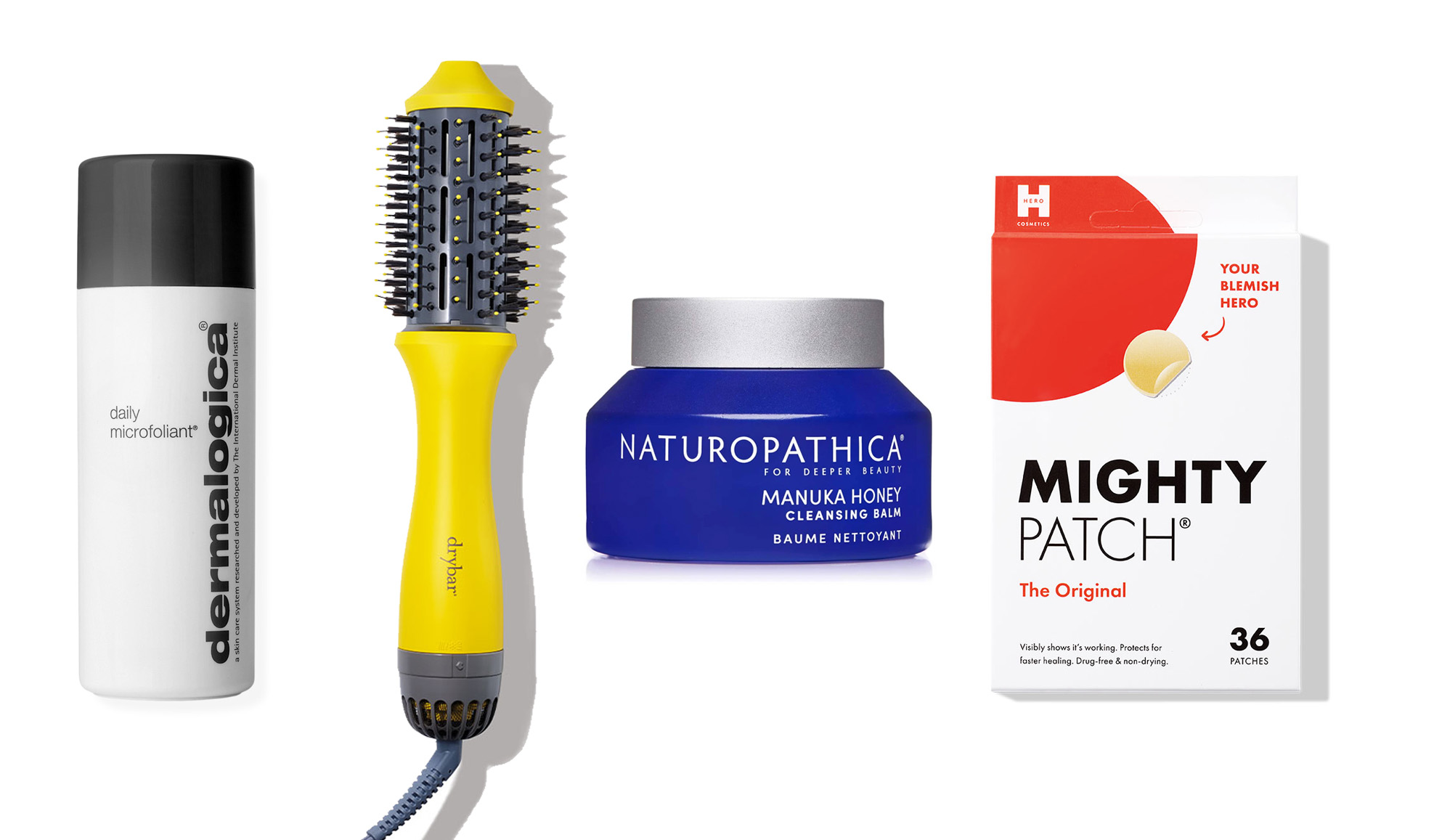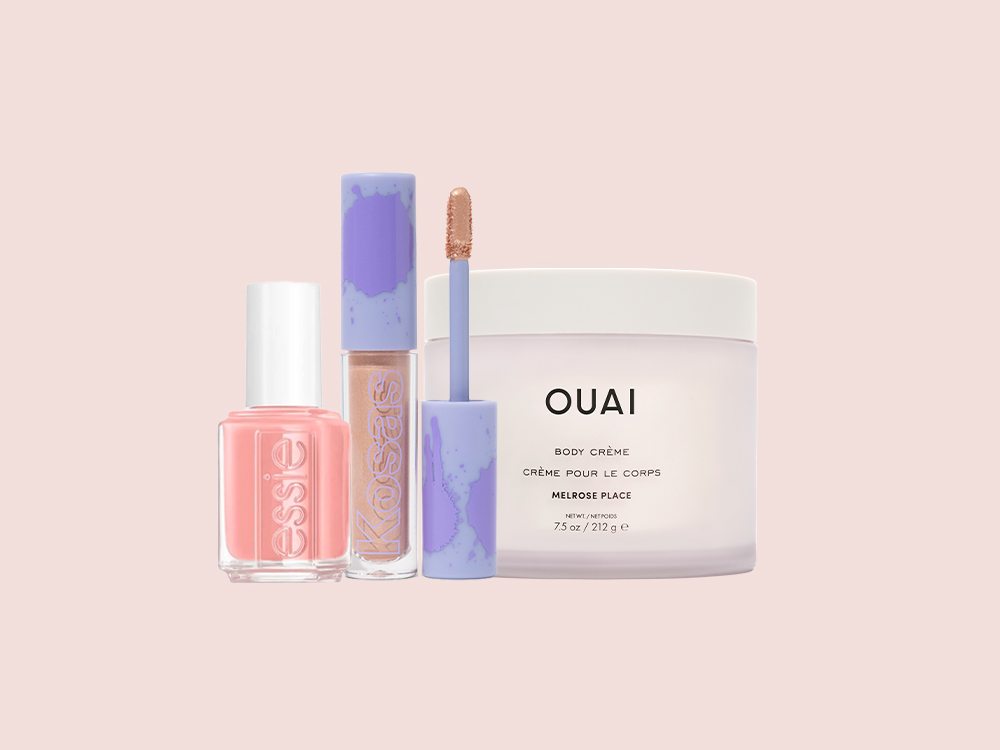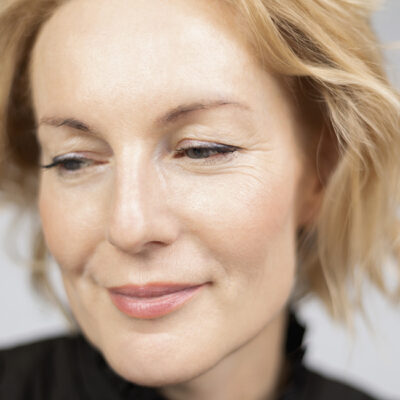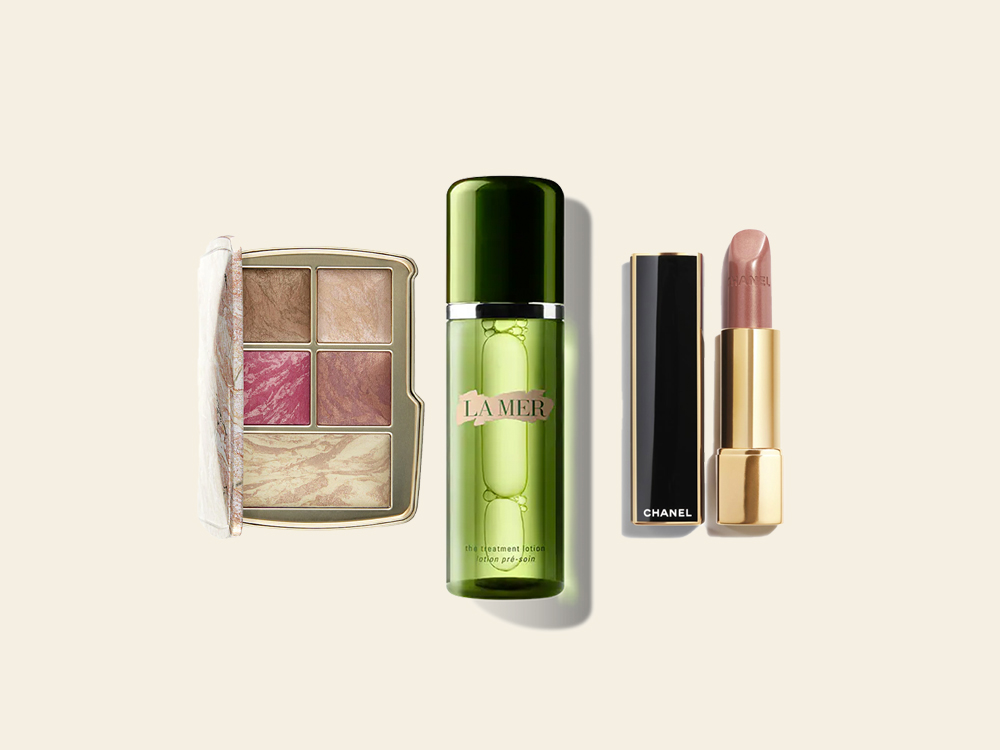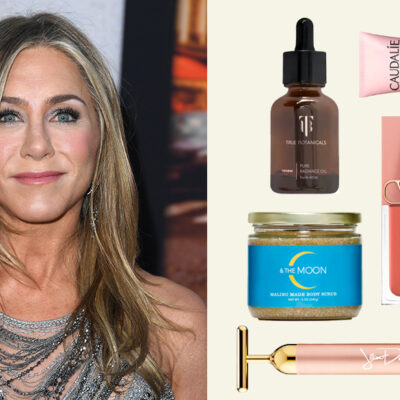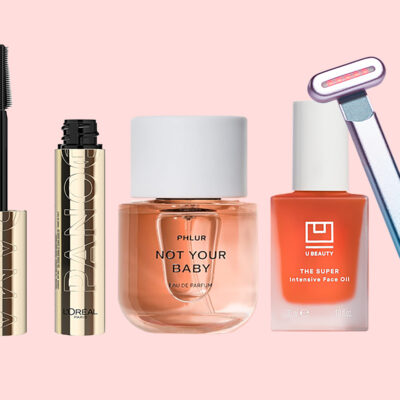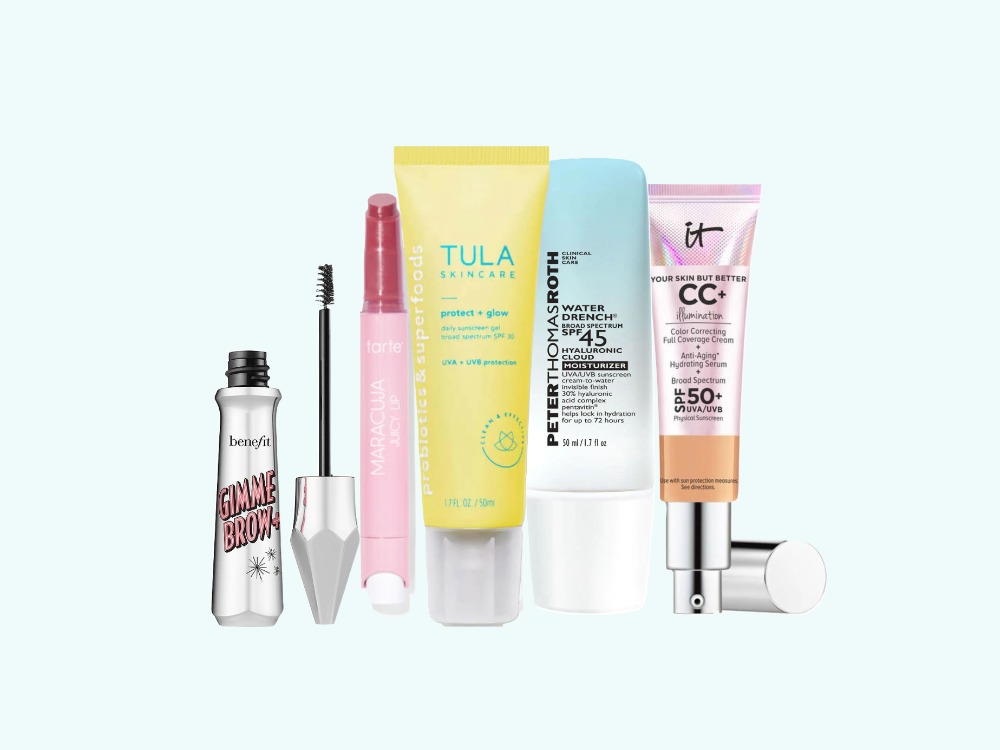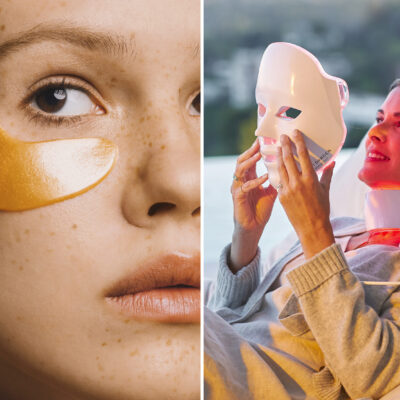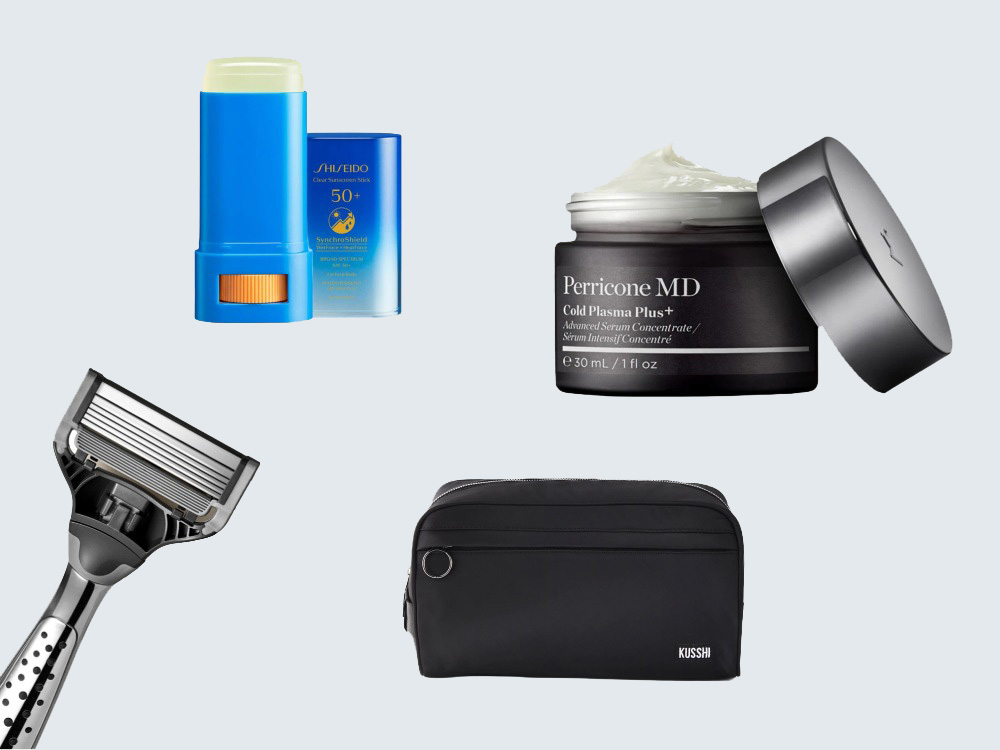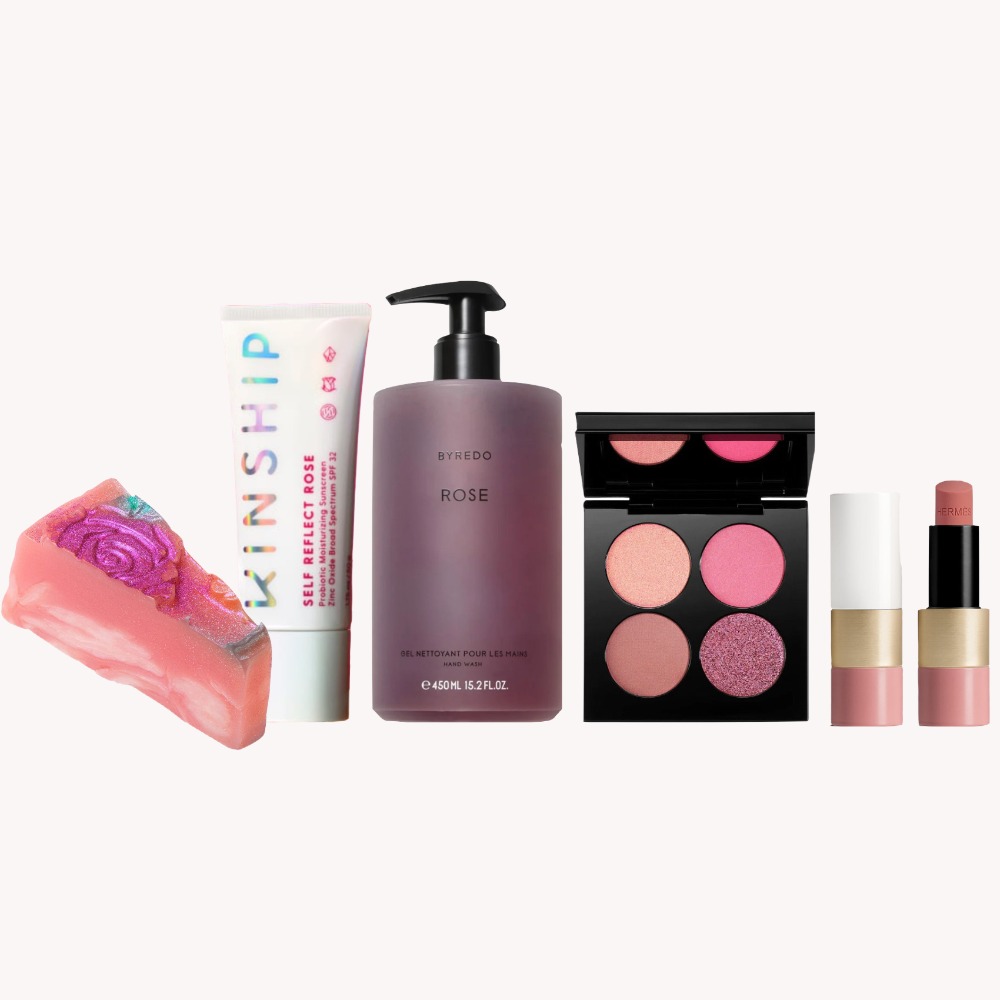In the age of filters, plastic surgery, Photoshop and AI, it is almost impossible to not feel bogged down by beauty standards almost everywhere you look. While we can acknowledge that most of what we see online isn’t real, it’s still too easy to compare ourselves to these unrealistic ideals, wreaking havoc on our confidence.
20 years ago, iconic self-care brand Dove launched an industry-shaping Real Beauty campaign, where they showcased real women with real bodies in hopes of inspiring viewers to love their authentic, natural beauty. While the campaign is all positivity, the catalyst for the movement is less hopeful: in 2004, Dove global research discovered that only two percent of women worldwide feel beautiful, and in 2010 when they conducted a follow up survey, the percentage had only increased to four.
With less than 5 percent of women worldwide feeling beautiful, Dove knew they had a long way to go and there was work to be done. Today, celebrating 20 years of their Real Beauty campaign, Dove conducted even more studies to further understand the gravity of the confidence crisis plaguing women today, and in response, vowed to disrupt this narrative with an endless commitment to honoring authentic beauty.
Dove Says “No” to AI
While the results of Dove’s 2004 and 2010 studies are jarring, the lack of progress since then is even more concerning. In a recent study, the brand discovered that two in five women would give up an entire year of their life to reach their beauty goals, and eight in ten women feel more pressure now to be beautiful than they did eight years ago. One of the biggest contributors to this increased pressure to achieve a certain look? You guessed it: AI.
Photoshop and airbrushing have been around for what feels like ages, but with the essentially endless and hyper-realistic capabilities of AI, the damage being done to women’s self image is even more exacerbated now than in years past. Believe it or not, research has shown that by 2025, 90 percent of all the content we consume will be created by AI. While we can acknowledge that the products of AI are not real, the impacts on our sense of self are, as Dove’s research also showed that one in three women feel a need to change how they look because of what they see online, even though they know it’s fake.
AI feels like an impenetrable force nowadays, but after 20 years of serving hundreds of millions of young women and dedicating their work to fostering confidence, Dove has made yet another incredible commitment. To mark two decades of celebrating Real Beauty, Dove has promised to never use AI to replace or alter real images of real people.
Dove’s Real Beauty Playbook for Coding
If we know anything about Dove, it’s that they are going to go above and beyond. In addition to their commitment to never using AI in their ads, the brand went one step further, creating a whole new algorithm for AI: the Real Beauty Playbook for Coding. This free, downloadable program is available across platforms, and is expert trained to understand and highlight the diversity of real beauty.
To demonstrate the importance of this tool, Dove showed a video where they asked AI to create “the most beautiful woman,” and almost all creations were a variation of a slim, white woman with blonde hair. However, when you edited the prompt to say “create the most beautiful woman according to Dove,” the images rendered showcased a diverse array of women from different backgrounds, ages and of different body types and abilities. In short, the results highlighted real beauty, so not only is Dove committed to using real, beautiful humans in their advertising, they’re also disrupting the very software behind some of the most dangerous assaults to women’s self confidence.


